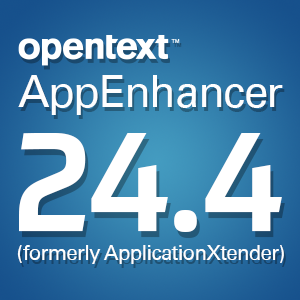Electronic document archiving key to compliance
Friday, April 12, 2013Proper document management is critical for every organization not only to maintain overall efficiency, but also to ensure compliance with a variety of regulatory requirements. As a result, more firms are deploying electronic solutions with advanced archiving features to ensure that all information is adequately protected and also easily retrievable.
TechTarget reported that building a secure, effective records management system is nearly impossible with traditional practices or hybrid technologies. Because the ultimate goal of these programs is to support reliable, comprehensive and consistent management of data from creation to disposal, the approach to storage must also be consistent. The source explained that many enterprises may still rely on paper and legacy systems, hindering the benefits to electronic automation tools. This "mixed-mode" or hybrid record-keeping is detrimental to the integrity and accuracy of information and further, complicates document accessibility. In order to reduce risk of non-compliance, enterprises will need to seek tools that support overarching standards for record-keeping processes.
The first step to improving information management programs, according to a recent report by Lexology contributor Caroline Jan, is understanding where data is located, who can access it, what format it is in and what medium it lies in. Then, companies need to implement policies, procedures and safeguards for controlling how information is kept and used. Additionally, she explained that firms need to ensure that only required information is preserved and that sensitive information is destroyed when necessary. Once these strategies have been devised, all processes need to be tested and reinforced with adequate technologies. Jan asserted that information management practices need to be embedded into all business processes to minimize the risk of data being lost, stolen or compromised.
Adhering to retention policies
Jan revealed that many enterprises have realized that it can be more expensive and risky to maintain all data as opposed to automatically deleting certain information when it is no longer in consistent use. However, litigation processes often demand that firms preserve particular records for a specified amount of time. By utilizing electronic tools to enforce how long information is kept, companies can better adhere to those regulations and ensure that potentially relevant data is not altered or destroyed.
Companies have come to rely on new digital technologies for optimal data management, storage and archiving processes. By deploying the most advanced conversion services and specialists, firms can ensure that the document imaging process takes into consideration all data management needs and regulatory requirements.
Brought to you by Image One Corporation providing complete information governance since 1994.




